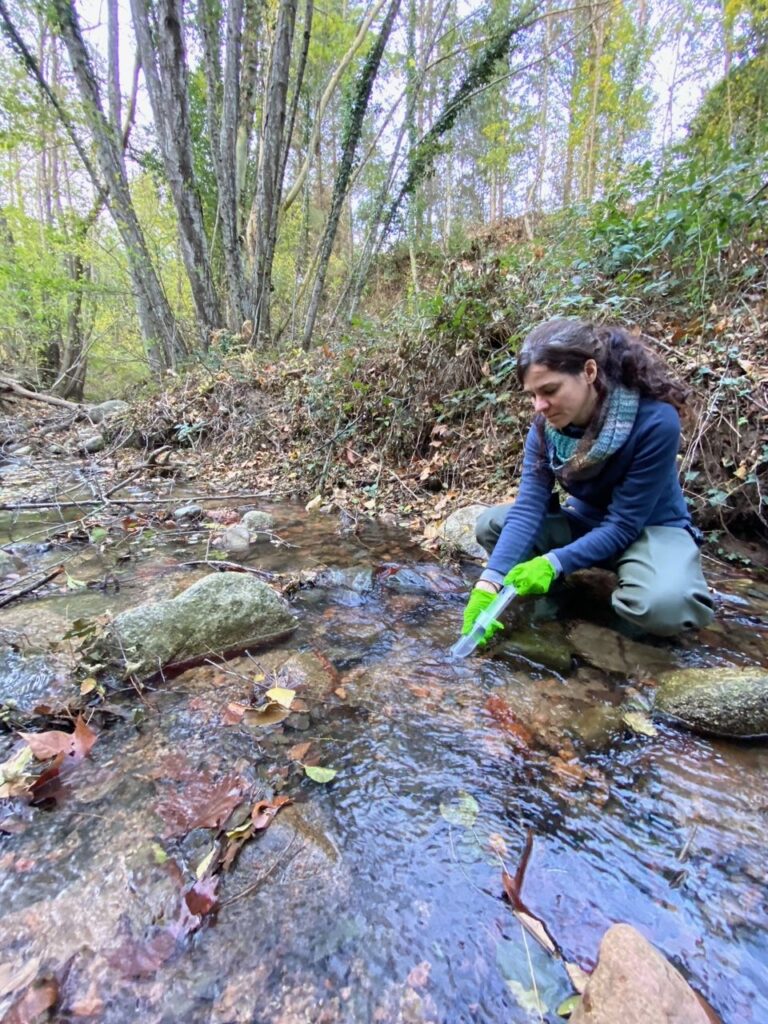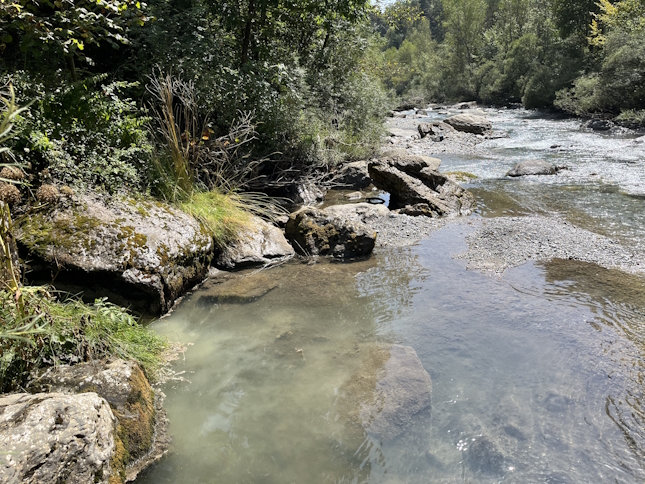We investigate the responses of cyclic carbon (C) and nitrogen (N) processes in Mediterranean river networks and evaluate the role of preferential lateral inputs as biogeochemical hot spots.
Assessment of the role of preferential lateral inflows as biogeochemical hotspots along Mediterranean river networks (HOTSPOT)
HOTSPOT

This research project aims to evaluate the role of lateral inflows and see which can be considered "hot spots" due to their great influence on the biogeochemical processes taking place in rivers.
General project information
Financing amount
155.920€
Development period
Start
01/09/2023
End
31/08/2025
Department
Research group
Research areas and themes
Other researchers and involved staff
Funding entities

Institutions/collaborators
Social networks of the project
You may also be interested in
It focuses on detailed taxonomic analysis and trophic-functional assessment of soft-bottom macrobenthos in various regions worldwide, with the aim of providing rigorous scientific advice to support the completion of environmental monitoring and impact management studies for projects.
The project aims to design nature-based wastewater treatment solutions specifically adapted to high-mountain conditions.
The project provides tools to guide the management and restoration of P. oceanica, a key species that stabilises sediments, sequesters CO₂ and provides habitat for numerous species, but which is currently declining due to human impacts.
BREATHE develops a global, sensor-based system to monitor river health through dissolved oxygen and river metabolism, linking ecosystem functions to services such as climate regulation and water purification.
This project is being developed within the framework of an ICOOP grant (a CSIC Scientific Cooperation Program for Development), which aims to stimulate collaboration between CSIC research groups and international research groups in countries receiving Official Development Assistance through training, work, and specialization stays for research groups from participating entities.







